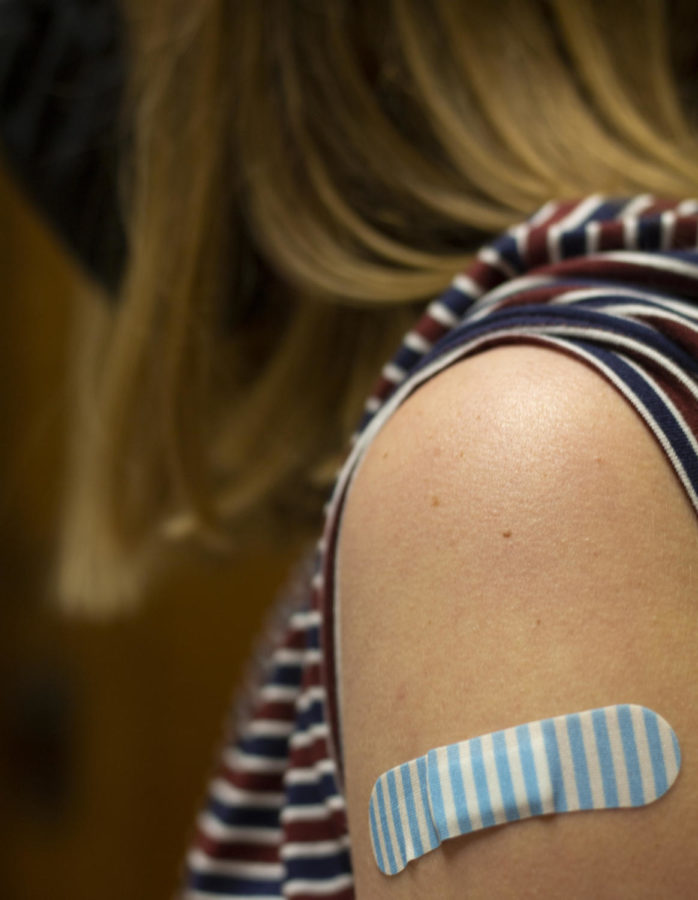College Approved as Vaccination Site, Ohio to Expand Eligibility to Anyone 16+
Students will be eligible to receive a COVID-19 vaccination starting March 29.
Governor Mike DeWine announced yesterday morning that Ohioans sixteen and older will be eligible for the COVID-19 vaccine starting March 29. The same day, the College’s partners at Harness Health indicated that the College had been approved as a vaccine distribution center by the state of Ohio. The College received no indication of when vaccines will be sent but is hopeful that the campus community will receive them soon.
According to COVID-19 Campus Health Coordinator Katie Gravens and Chief of Staff David Hertz, the College is prepared to launch a vaccination clinic as soon as it receives the necessary vaccines. The College will only vaccinate members of the campus community, which includes students, faculty, staff, and vendors who elect to receive the vaccine.
Once the College receives vaccines, it will be required to follow state guidance on vaccine eligibility. This Friday, eligibility will be expanded to those 40 and older and people with cancer, chronic kidney disease, chronic obstructive pulmonary disease, COPD, heart disease, and obesity. The College does not know if it will have access to the vaccine before the end of the month when guidelines allow those 16 and over to be vaccinated.
“If we receive the vaccine after March 29, when everyone is eligible, then appointment scheduling will be open,” Gravens and Hertz wrote in a joint statement to the Review. “If we receive vaccines prior to March 29 then we would limit appointments to the eligible group based on the Ohio Department of Health guidelines.”
If the campus population reaches a certain threshold of vaccination, Obies might see loosening ObieSafe guidelines during the summer semester.
“If a high percentage of students, faculty, and staff receive the vaccine and provide documentation, policies will be modified this summer,” Gravens and Hertz wrote. “We plan a phased reopening of campus beginning this summer, based on the premise that most students, faculty, and staff will become vaccinated. We are very hopeful as 89 percent of faculty and staff and 95 percent of students indicated in surveys that they plan to receive the vaccine.”
DeWine’s announcement comes after Ohio learned that it would receive one of the largest vaccine shipments to date during the end of March. Because of the recent approval of the Johnson & Johnson’s Janssen vaccine, DeWine is expecting 400,000 doses the week of March 29. In addition to greater supply, DeWine indicated that Ohio might be facing some vaccine hesitancy; if fewer eligible people elect to receive the vaccine, the state is incentivized to rapidly expand eligibility.
“In some parts of the state, there is more demand, frankly, geographically than in other parts of the state,” DeWine said in his statewide address yesterday. “But the consensus from talking to the health departments who really have the best view of what is going on, the consensus at least was that we need to open up vaccinations even further.”
All students who receive the vaccine should submit documentation to Student Health Services. Faculty and staff should report vaccination to the Department of Human Resources.







